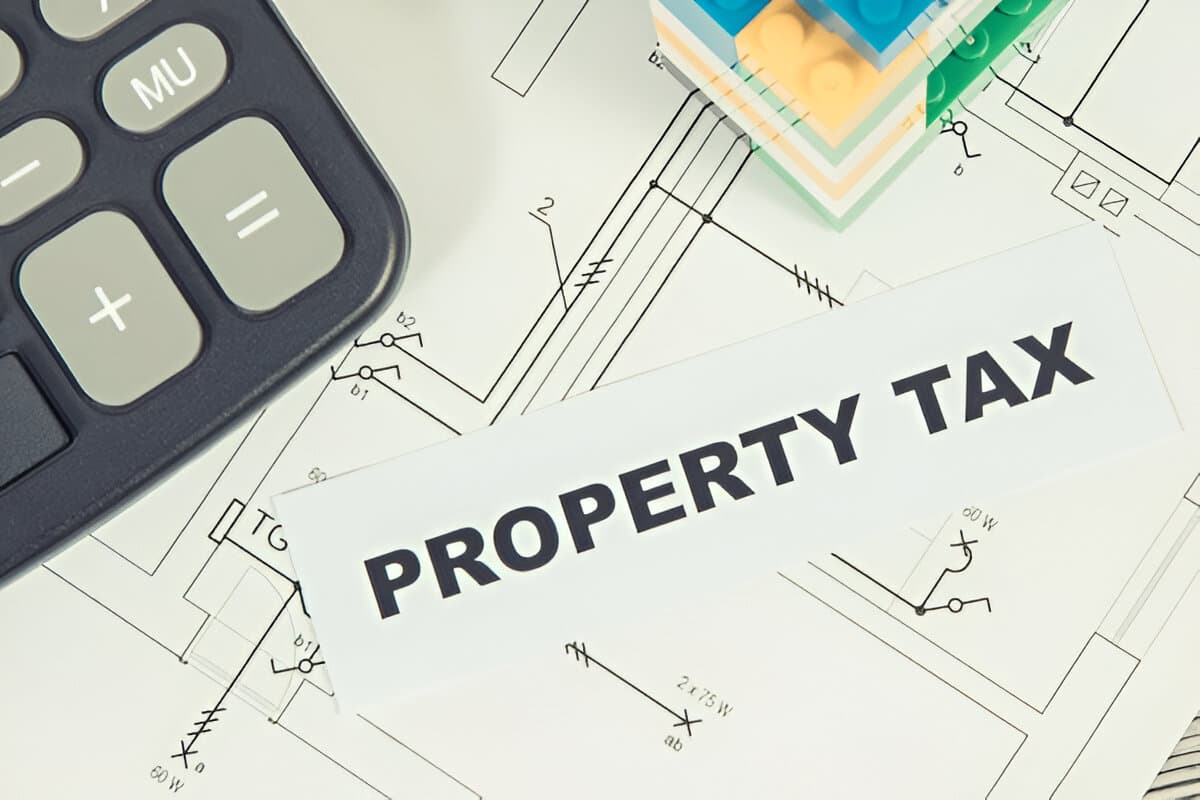Property taxes are one of the most important things that must be taken into consideration when you decide to buy or invest in a property. In addition, it raises lots of questions in the market, including how they’re calculated and the related regulations. If you are considering investing in real estate and have questions about property taxes, this guide is for you, as we will answer all the questions related to the matter.
What Are the Property Taxes?
Real estate taxes are fees and taxes imposed by the government on real estate-related activities and transactions, such as buying, selling, renting, and owning. Real estate taxes vary in type, including property sales tax, property tax, rental income tax, and registration fees.
How to Calculate Property Taxes in Amman?
Tax calculation differs according to the type of property and its area. Here are the most common ones:
- The tax on land larger than 1,000 square meters is equal to the estimated value of the land multiplied by 0.0002.
- The tax on land 1,000 square meters or less is equal to the estimated value of the land multiplied by 0.0004.
- The tax on rental property is equal to the annual rental value of the property multiplied by 15%.
- The tax on residential buildings is equal to the estimated value of the building multiplied by 1%.
- The tax on non-residential buildings is equal to the estimated value of the building multiplied by 3%.
- The tax on the sale of real estate is 3%.
In addition to the registration fees paid when registering a property with the Department of Lands and Survey, which vary depending on the type of property, whether residential, commercial, or investment, and its location.
Payment Process and Deadlines
1. Residential Property Taxes
- When to Pay: Upon registering the property with the Department of Lands and Survey at the time of the sale or purchase transaction.
- Payment Steps:
-Refer to the Department of Lands and Survey with the sales contract.
-Request a property appraisal by the Department (sometimes to confirm the price).
-Pay the tax directly through the Department's finance counter or through the e-Fawateercom.
2. Building and Land Tax
- When to Pay: This is an annual tax, due at the beginning of each fiscal year (from January 1 to December 31). The deadline for payment is usually June 30.
- Payment Steps:
-Go to the Greater Amman Municipality or the municipality to which the property belongs.
-Or pay via e-FAWATEERcom (selecting the "Property Tax" item).
-Receive a payment receipt that can be used as proof of payment when needed (for example, when selling the property).
3. Rental Income Tax
- When to Pay: Once a year upon filing your tax return. For individuals, it's due before April 30 of the following year, and for companies, it's due before June 30 of the following year.
- Payment Steps:
-File your tax return through the Income and Sales Tax Department or online through the Income Tax website.
-Pay the tax after calculating it according to your tax bracket.
Note:
- The Greater Amman Municipality announced the possibility of paying these taxes electronically via its application:
- Using the mobile number or ID number.
- Or via the facility’s national number or the owner’s number.
- Or via the property number.
Exemptions on Real Estate Taxes
The government typically offers exemptions on certain real estate taxes. For example:
- The government has exempted residential apartments up to 150 square meters from all registration fees and related charges, including the property sales tax, regardless of the seller or the number of units.
- If the apartment's area exceeds 150 square meters (not including utilities), the excess unit is subject to an additional registration fee at a reduced rate of 3%, regardless of the excess apartment's area.
- Residence discounts are available for early payment.
It is important to note that there is no fixed, permanent 100% exemption. Rather, these are decisions issued periodically and have an expiration date. Therefore, you should monitor decisions related to tax exemptions on an ongoing basis.
Tips for Property Investors and Homeowners
If you are willing to invest in real estate in Amman, or already have your own projects, here are some tips that you need to consider:
- Keep following up with the new related regulations.
- Do not accumulate taxes for long periods, as penalties apply if not paid on time.
- Use online services, like e-Fawateercom, to save time and effort.
- Ensure the property is properly appraised.
- Keep all receipts and records.
- Seek the help of an accountant or real estate advisor, especially if you have multiple real estate projects.
FAQs
1. What are the types of real estate taxes in Jordan?
Real estate taxes include several main types, such as the property sales tax paid upon transfer of ownership, the annual property tax on buildings and land, the income tax on rentals for leased properties, and the registration fees imposed upon registering the property with the Department of Lands and Surveys.
2. Can property taxes be paid online?
Yes, through the e-Fawateercom or via the Greater Amman Municipality application using the national number or property number.
3. What happens if the property tax is not paid on time?
If the property tax is late after June 30 of each year, late payment penalties are imposed at a monthly percentage of the tax amount, significantly increasing the amount due.
4. Is rental income subject to tax in Jordan?
Yes, rental income is subject to annual income tax. Individual tax returns must be filed before April 30, and for companies before June 30 of the following year. Tax is calculated according to the established tax brackets.
